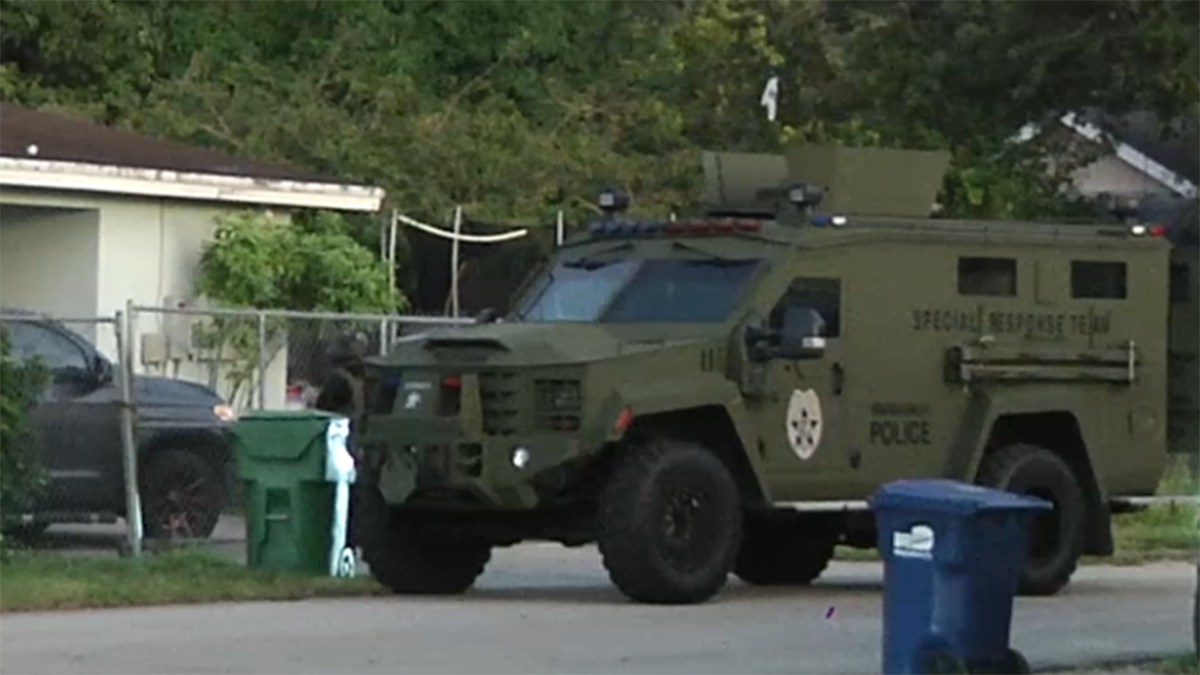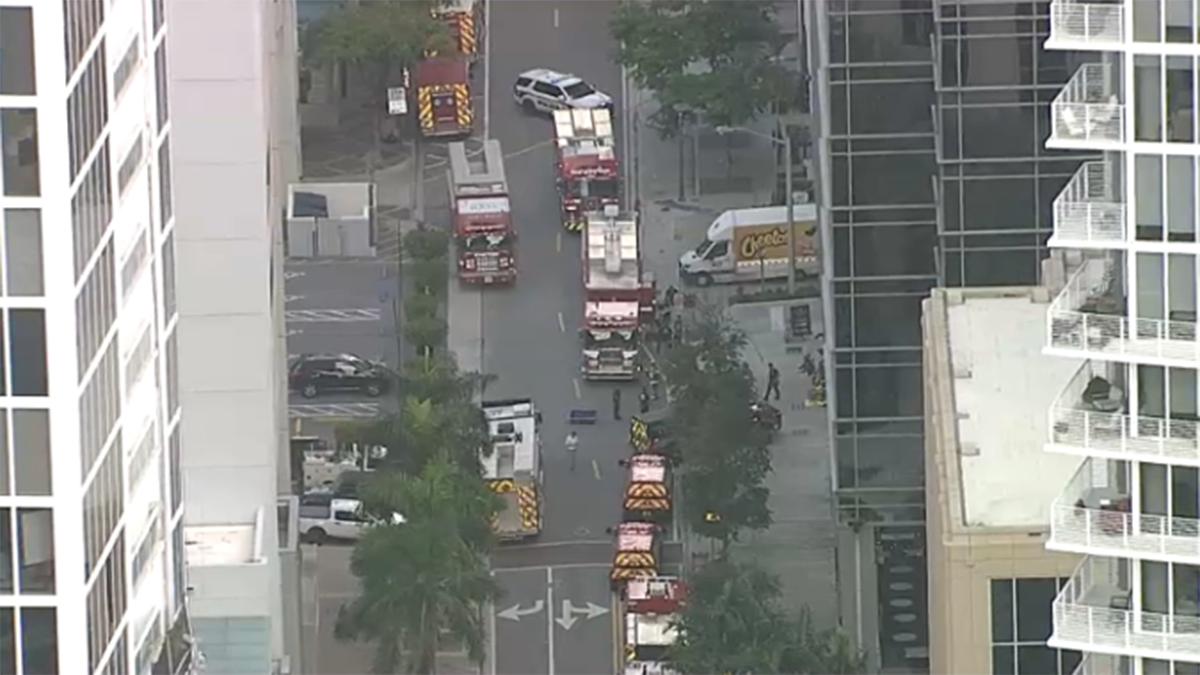Welcome to Historic Overtown, declares the painted overpass entrance, its declaration of pride in stark contrast to Overtown's recent history of shattering poverty, devastating suburban flight, and crime.
Welcome to Historic Overtown, declares the painted overpass entrance, though at least one piece of history has been lost there, vanishing into the netherworld of junkies, homeless, and the downtrodden.
Welcome to Historic Overtown, declares the painted overpass entrance, because there is a neighborhood in there, with people who worked hard -- and still do -- cared for one another as best they could -- and still do -- and hustled billiards games together.
Some of them even remember Sweet Jimmy, though like historic Overtown, his story is framed but not complete.
Sweet Jimmy had lived there in Overtown, there on the streets, and he had fought Muhammad Ali in Miami Beach 1961 for 94 seconds and had lost. Those were the facts writer Wright Thompson took with him when he traveled to Miami to look for Sweet Jimmy, and what he found was that a person can easily vanish in a neighborhood that's trying very hard not to, though one lives in the shadow of sports' greatest and the other in one of its arenas.
Thompson wrote about his search for Sweet Jimmy for ESPN's Outside the Lines, and it's easily one of the best sports stories published all year -- perhaps because it isn't entirely a "sports story."
In 2003, an Ali memorabilia collector contacted Thompson in search of the one autograph he was missing out of the 50 men who had fought Ali during his career.
Local
What had happened to Jim Robinson, the man called Sweet Jimmy, who'd agreed to the fight as a last-minute replacement? There were images taken in the '70's by a Sports Illustrated photographer, but after that it seems no one had bothered with one of Ali's earliest opponents.
"Tell [Ali] I ain't doing too good," Sweet Jimmy'd told the man, and then he was lost to all but Overtown and the pool hall since closed.
Thompson, though the clues were tenuous, was hooked. The autograph collector quit looking, quit caring, but Thompson had questions. How could Sweet Jimmy disappear in an age of social security numbers, benefits statements, police records? Was he still alive? What had happened to him?
The search led to the medical examiner's, where Thompson recoiled at the smell of death but viewed bodies and bones and polaroids; to Camillus House in Overtown, where he took volunteer shifts for reasons other than finding Sweet Jimmy; to a photo analysis expert in London; to the stark reality that our city, Miami, is one where too many people die violently or slip through the cracks.
Everywhere I turned, I found pain and loss, a procession of wasted lives, people who never fought Ali and, thus, won't ever have someone come looking for them. Did any of these men hang in the pool hall, too, never knowing someone a few feet away shared the same name? A James Robinson born in 1929 was shot a few blocks from the pool hall in 1984, his murderer yelling, "I told you I was gonna kill me a black son of a bitch." A James Robinson died of a gunshot to the head in Overtown in 2007, likely a suicide, but he turned out to be just 54. A Jimmie Robinson was beaten to death under an overpass near the pool hall in 1991. He had an old arrest for being in a park after hours, and his only address was the Camillus House, a local homeless shelter. His date of birth made him too young to have fought Ali in 1961. The Miami medical examiner's office said 227 people have died in Miami since 1980 and never been identified. Any of them could be Sweet Jimmy.
You can -- and should -- read Thompon's piece here, which doesn't end at the paragraph above. It's fascinating, and heartbreaking, and deserving, just like Sweet Jimmy.
And perhaps, you'll think at the end, that in a way it is fitting that one of the 50 autographs is missing. History -- especially in places like Overtown -- has a way of repeating itself, and someone should remember the ones who disappear into it.



